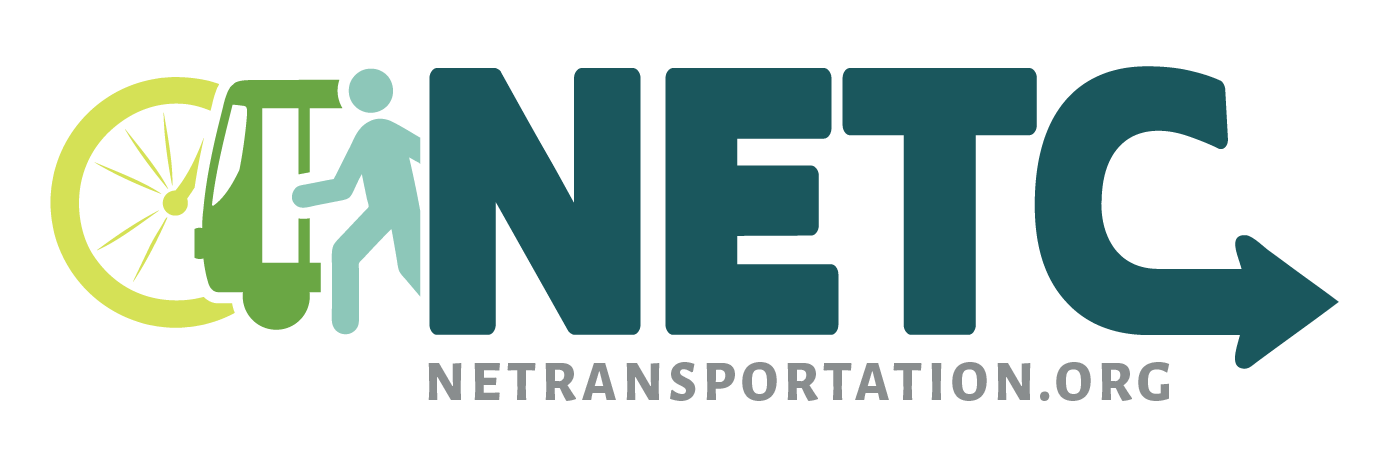FOR IMMEDIATE RELEASE
Federal Highway Administration publishes case study on NETC’s E-Bike Library program
Denver, Colorado – April 25th, 2024 – The Federal Highway Administration has published their micro-mobility case study, titled E-Bike Libraries Advance Mobility Options that Incorporate Equity and Climate Goals in Denver, Colorado. The study focuses on the E-Bike Library program run by Northeast Transportation Connections (NETC), a sustainability initiative under the Foundation for Sustainable Urban Communities. Funded by the City of Denver’s Climate Protection Fund (CPF), NETC’s E-Bike Libraries provide low-income residents with a reliable, low-emission transportation option, while also contributing to Denver's ambitious climate goals.
The CPF, supported by a .25 percent local sales tax, allocates $40 million annually to fund various climate initiatives. The Denver Climate Action, Sustainability & Resiliency Office (CASR) allocated $225,000 from the CPF to establish three E-Bike Libraries, inspired by the success of the Colorado Energy Office's Can Do Colorado mini-pilot, which distributed e-bikes to low-income essential workers in 2020.
Denver's commitment to reducing emissions aligns with Colorado's statewide targets of reducing emissions by 26 percent from 2005 levels by 2025 and 50 percent by 2030. With transportation being the largest source of air pollution in Denver, e-bike incentives emerge as a cost-effective solution to curb emissions and promote sustainable transportation alternatives. E-bikes not only contribute to environmental goals but also offer numerous health and mobility benefits. By encouraging physical activity and reducing reliance on single occupancy vehicles, e-bikes promote a healthier and more sustainable lifestyle for residents.
NETC operates and maintains the E-Bike Libraries. With three pickup sites strategically located adjacent to community partner organizations, NETC ensures accessibility and convenience for residents. The Libraries can be found at Focus Points Family Resource Center, Beloved Community Village, and Prodigy Coffeehouse’s 40th & Colorado Blvd location.
“We’re proud that NETC’s work is being highlighted by this case study,” said Eric Herbst, NETC’s Executive Director and project lead on the E-Bike Library program. “We’ve been operating Bike Libraries since 2012, and the expansion of the program highlights the importance of collaborative partnerships, community engagement, and continuous innovation in sustainable transportation initiatives.”
The E-Bike Library model allows residents to try out e-bikes without financial commitments, promoting inclusivity and accessibility. NETC provides comprehensive support, including rider education, maintenance services, and safety training, to ensure a seamless experience for library members.
As Denver continues to expand access to e-bikes and promote active transportation options, the city reaffirms its commitment to equity, sustainability, and community resilience.
To read the FHWA’s case study, visit https://www.fhwa.dot.gov/livability/case_studies/denver-netc-ebikes.pdf
For more information about NETC's E-Bike Library program and other sustainable transportation options, visit NEtransportation.org/ebikes
Contact:
Eric Herbst
EHerbst@NEtransportation.org
7350 E. 29th Ave. Suite 300
Denver, CO 80238
Ph: +1-303-261-7240
###

